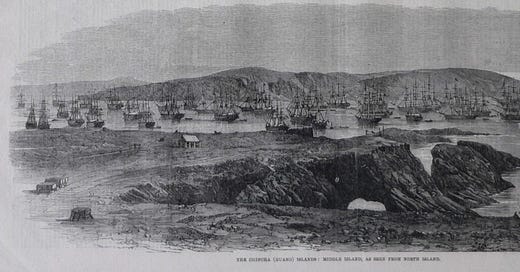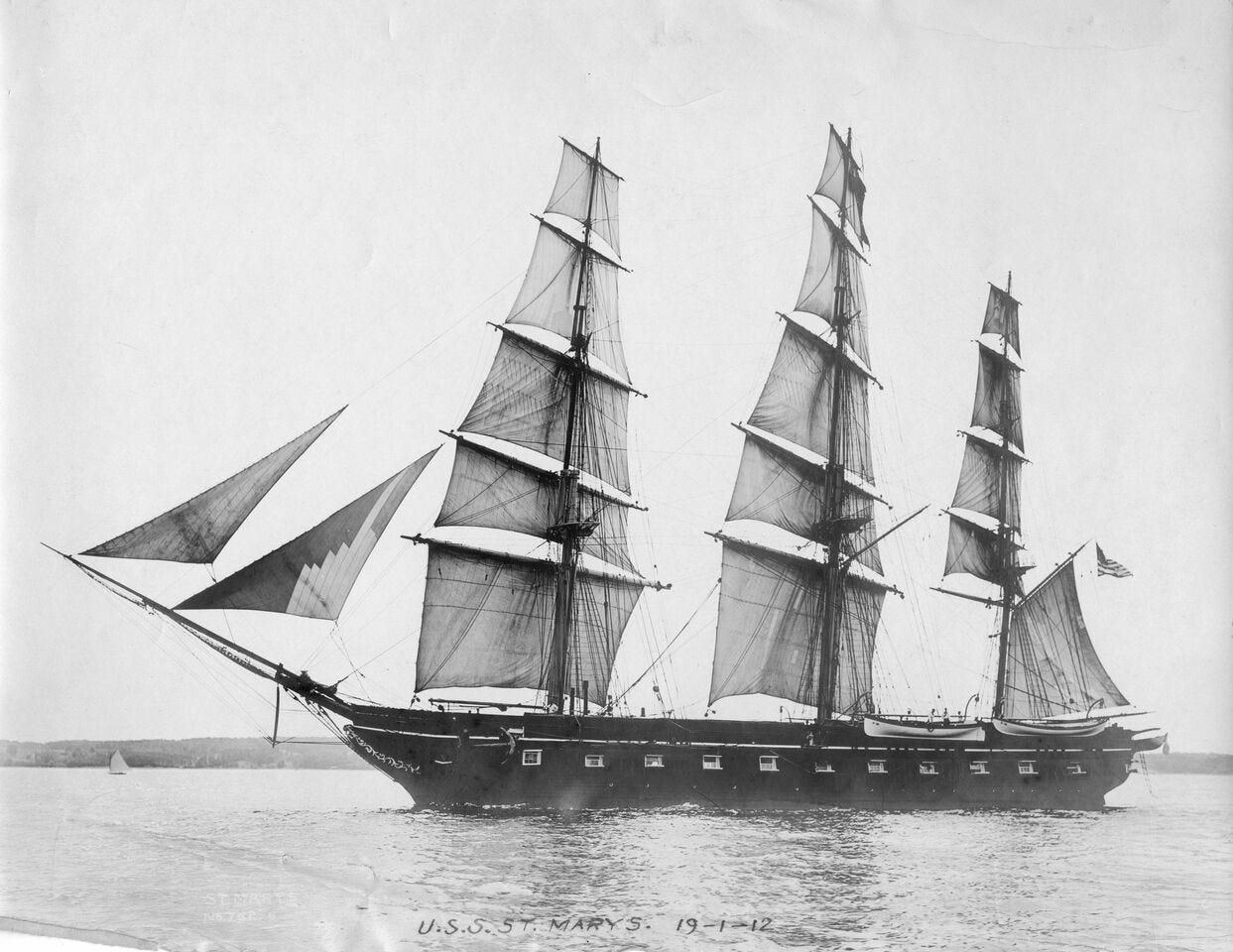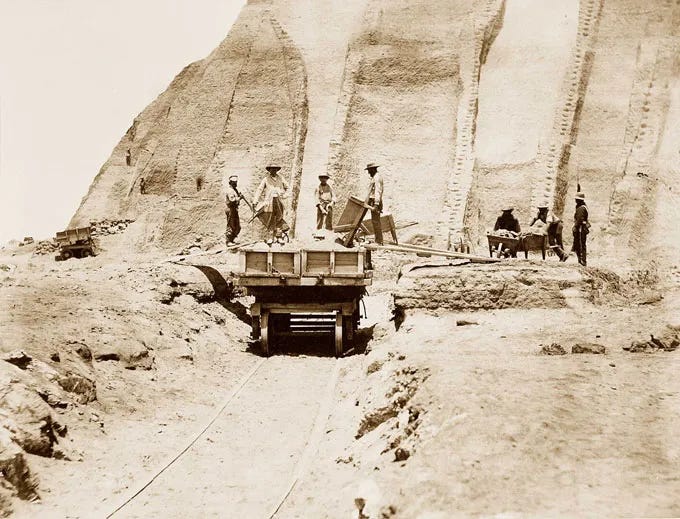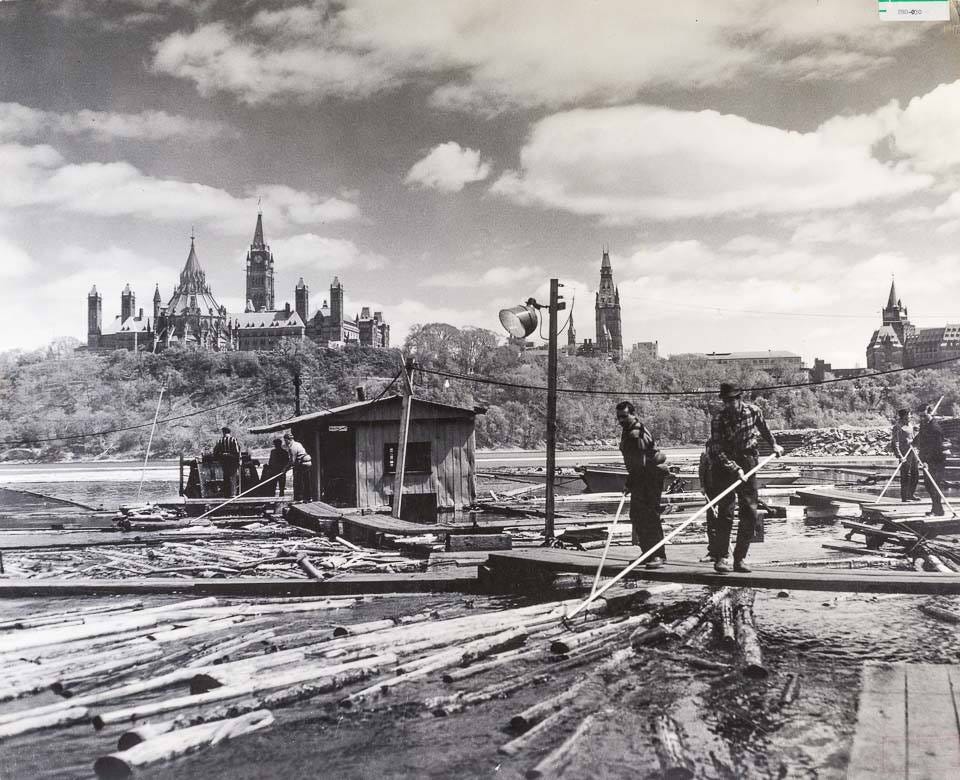Cecil Rhodes said, “I would annex the planets if I could.” Trump and Musk are on it.
In the USA, ecological imperialism started with guano fertilizer, and it continues with Canadian potash and a worldwide grab for natural resources.
Senator Chuck Grassley of Iowa is upset. He writes on Twitter: “I plead [with] President Trump to exempt potash from the tariff because family farmers get most of our potash from Canada.” The province of Saskatchewan provides 80% of the potash used in the USA, which may be caught up in the 25% tariff the US president says he will impose on Canadian imports. It is the key source of potassium, one of the three primary nutrients in fertilizer, increasing yields, retaining water, and resisting disease. According to the Globe and Mail,
U.S. farmers – who comprise a significant part of the Republicans’ voting base – have few options beyond Canada. The U.S. produces little potash of its own, whereas Canada accounted for 32.4 per cent of global production in 2023, almost double the output of the next largest producer, Russia."
Potash for fertilizer is one of the critical materials, along with nickel and uranium and, of course, water, that make Canada a desirable resource colony for the United States. There is nothing new about this; The US empire was built on fertilizer.
In 1855, three American ships landed at Jarvis and Baker islands in the middle of the Pacific Ocean and claimed them in the name of the United States. It is considered the “first small beginnings” of the American empire.
According to Mauricio Betancourt in his paper Guano and the Rise of the American Empire, “In 1856, the U.S. Congress passed the Guano Islands Act (GIA), under which the United States would ultimately claim 103 islands, rocks, and keys in the Pacific and the Caribbean, 10 of which are still among its possessions today.” They also tried to capture the Galapagos:
On March 1853, Courtland Cushing, U.S. chargé d’affaires in Ecuador, wrote Secretary Everett a shocking letter: “The Government of Ecuador is too helpless to take care of the Gallapagos [sic] Islands, and . . . might be disposed to cede them to the United States upon reasonable terms . . . I have seen private papers recently stating that guano has been discovered on [them]”
The US didn’t get the Galapagos but kept grabbing islands, including Navassa Island, 55km west of Haiti.
In June 1858, the Haitian government, arguing that Navassa was a dependency of Saint-Domingue that had belonged to Spain and then to France, sent two warships to defend it, so U.S. President James Buchanan tasked the U.S.S. Saratoga to deter them. On December 8, 1859, the United States officially recognized Navassa as U.S. territory, and so it remains.
Betancourt writes: “The ecological imperialism at the heart of the guano trade partly initiated these processes and produced varied geopolitical, judicial, economic, agricultural, and technological transformations that remain with us at present.”
And indeed, ecological imperialism is back bigly. In 1902, Cecil Rhodes said, “I would annex the planets if I could.” The current President of the United States wants half of Ukraine’s resources, all of Greenland’s, and now Canada’s. He wants the Suez Canal, which was started by the French as a shortcut for getting guano to Europe. His sidekick, Elon, wants to annex Mars, where the Guano Island Act would actually apply since it is uninhabited.
Bettencourt argues that it’s all about annexing the planets to grab the resources, noting, "the ecology of imperialism, concerned with the drain of natural wealth as opposed to the traditionally studied monetary flows, is as or even more important than its financial facet because it constitutes its material basis.” That’s what the USA has been doing since 1855.
Canada is no stranger to ecological imperialism; It has been said that the beaver made Canada. Much of southern Ontario was covered in giant white pines as tall as 65 meters (213 feet) that were clear-cut and shipped to England. The Lake Superior Anishinaabe Nation may well receive C$126 Billion because governments ignored the terms of the 1850 treaties that promised them a share of the iron ore, copper, gold, platinum, and gemstones that have been extracted from their land. The country has been strip-mined since it was founded.
Canada has a lot of resources that the USA wants. Trump and Musk have Cecil Rhodes-sized ecological imperialist ambitions that stretch to Mars. This will not end with a hockey game.







How about some reverse expansionism. Let's make New York State (or at least the city) and maybe the West Coast states provinces of Canada. If you move fast, you get to lay claim on the first congestion pricing in North America!
But there is good news! Thanks to the movie Dr. Strangelove, we will always be reminded of the character Bat Guano who darkly hinted at the need to "preserve our precious bodily fluids." Today, he seems almost mainstream, as the insanity promoted by the the current US administration swirls around US.